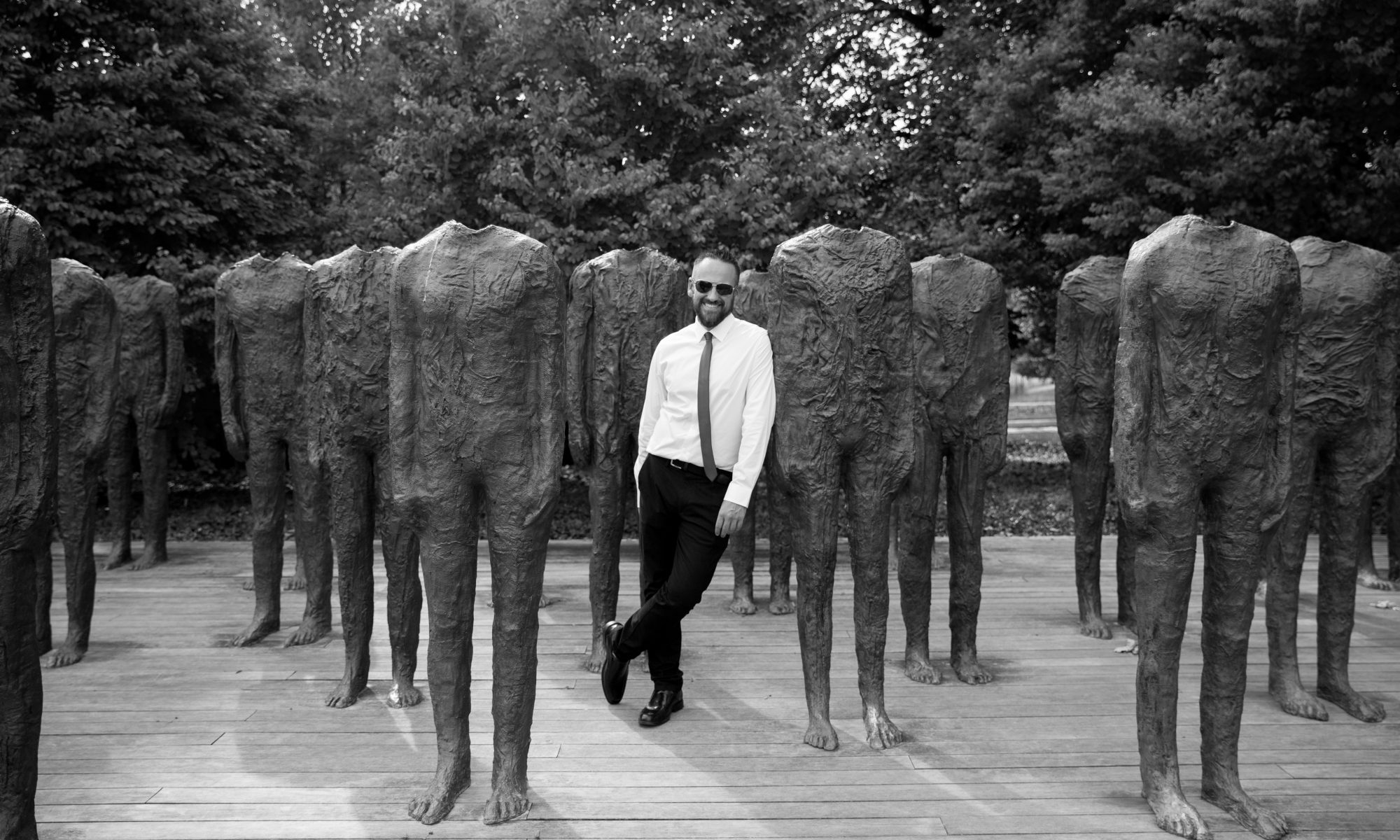
Professor and researcher Martin Ashley from the UK is back to talk about more recent research related to the boys changing voice from both a biological and empirical view, as well as a qualitative experiential one. We discuss his latest compilation of crucial information, which he has made available for FREE. The eBook is called “Dead Composers and Living Boys.” It is a treasure trove of data, anecdote and advice for teachers of adolescent male singers.
“The word “boy” is more of a social term than a biological or medical one. It is not uncommon in choral work for the words “boy” and “treble” to be used interchangeably, but this is not helpful. A young male who sings a soprano or perhaps alto line could be either a child or an adolescent… Boys, it is often said, do not want to “sound like girls”, but until adolescence, boys’ and girls’ voices are physically the same. Any perceived differences in children’s voices will be learned cultural ones, not biological ones. Adolescence is when voices diverge and the male singing adventure really begins.” -an excerpt from Martin’s book.
In this episode, Martin and I discuss common misunderstandings and mythology around the boys changing voice, and some of the most vital pieces of information all teachers of adolescent boys need to know in order to address the biggest demographic access gap in choral music education. Boys aren’t singing.

Be Sure to Find Choralosophy on TikTok!





@choralosophypodca
For future rehearsal clips, find me on TikTok, Insta and FB!


Professor Martin Ashley PhD is editor-in-chief of ABCD Choral Singing Research, the peer-reviewed research journal of the Association of British Choral Directors, having retired from his position as Head of Research in the Faculty of Education at Edge Hill University in 2013. After working in sound recording for the BBC he trained as a middle school music teacher. He worked in a variety of school settings teaching both music and his other specialism of environmental science before moving into university work. Whilst at the University of the West of England in Bristol he designed and led a 3+1 route of degree + PGCE in primary education for teachers wishing to specialise in music and the performing arts. A post-doctoral fellowship awarded by the Arts and Humanities Research Council allowed him to develop a longstanding interest in the impact of boys’ understanding of voice on their musical learning.

Since writing the book How High Should Boys Sing? he has published widely on the topic of male singing during early adolescence, collaborating with the late Don Collins of the Cambiata Vocal Institute of America. He has subsequently worked in collaboration with a paediatric specialist and phoniatrician on the timing of puberty and voice change and remains as consultant editor for OUP’s Emerging Voices series of cambiata vocal arrangements. His most recent book was Singing in the Lower Secondary School in the OUP music education series.

Paul Rudoi and MANY more.
Immediately prior to the Covid-19 pandemic he was working on the consequences of earlier voice change and boys’ musical maturity in mixed gender settings and had published work on historical trends in puberty, Tudor pitch and the sixteenth century mean voice.In response to the covid pandemic, he assembled a small team of virologists and public health professionals to produce a rapid response review for ABCD and is currently working on studies of boys choirs responding to the covid pandemic around the world, and a UK study of community choirs and shared rehearsal spaces.



















